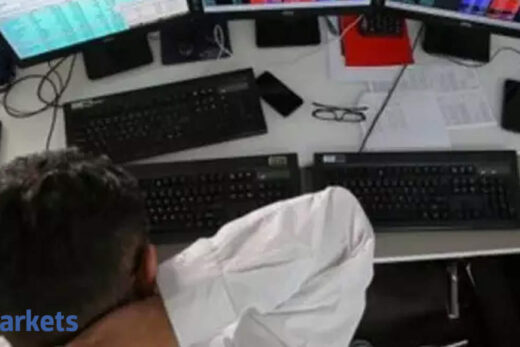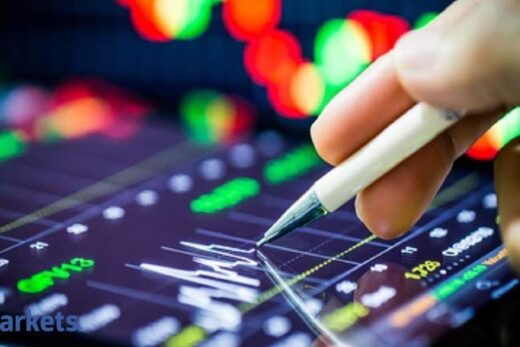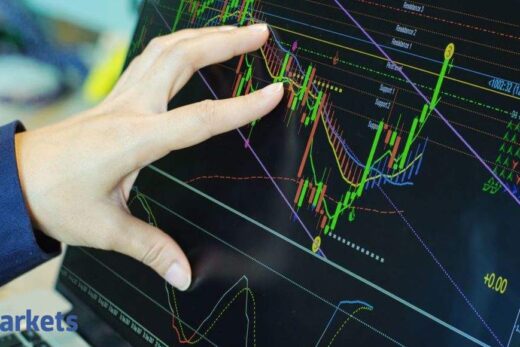The news that U.S. President Joe Biden and Chinese counterpart Xi Jinping had held talks on the phone also supported the rally by easing concerns about simmering Sino-U.S. tensions.
The Nikkei average rose 1.25 per cent to 30,381.84, the ninth session of gains in the last ten. For the week, it was up 4.3 per cent.
The Topix gained 1.29 per cent to 2,091.65.
Hopes that a new leader at Japan’s dominant ruling party would compile an economic stimulus and secure a decisive election victory have boosted shares prices after unpopular Prime Minister Yoshihide Suga offered to resign last week.
Expectations are growing that vaccine minister Taro Kono is likely to win the Liberal Democratic Party’s leadership race later this month.
“The market is starting to price in Kono’s victory. He is relatively young and could form a long-standing government,” said Shingo Ide, chief strategist at NLI Research.
Japan’s corporate earnings outlook has also been improving of late as the country’s vaccine roll-outs move closer to catching up with other developed nations.
Financial sectors were among the top gainers after SBI Holdings announced an offer to buy a near majority stake in Shinsei Bank in an unsolicited bid to take effective control of the lender.
SBI rose 7.6 per cent while Shinsei Bank jumped 20.8 per cent after being untraded with a glut of bids for much of the day.
On the other hand, Eisai lost 8.7 per cent after Biogen Inc shares tumbled after it said the launch of its Alzheimer’s drug, which the two firms have developed, was slower than what was initially anticipated.
Nipro shed 7.7 per cent after the medical equipment firm announced the sale of 30 billion yen ($273.47 million) in convertible bonds, which could cause a 13 per cent dilution. ($1 = 109.70 yen)



